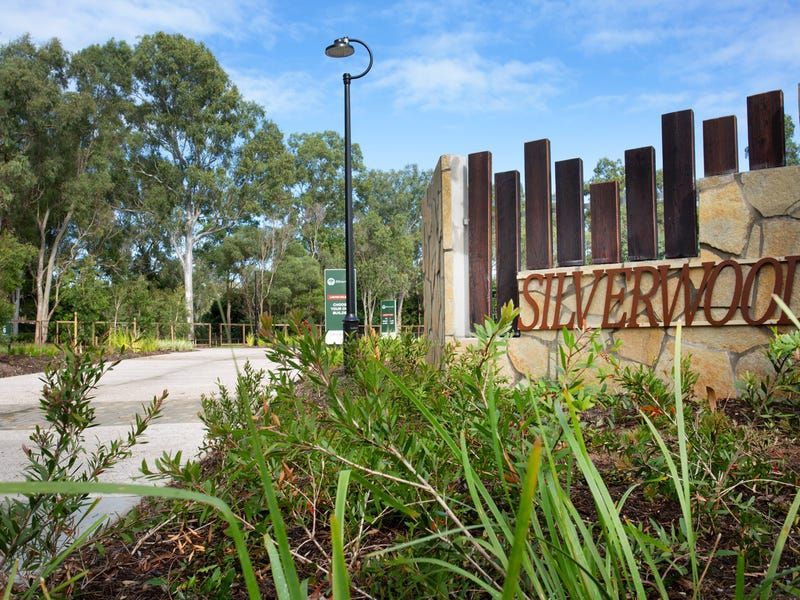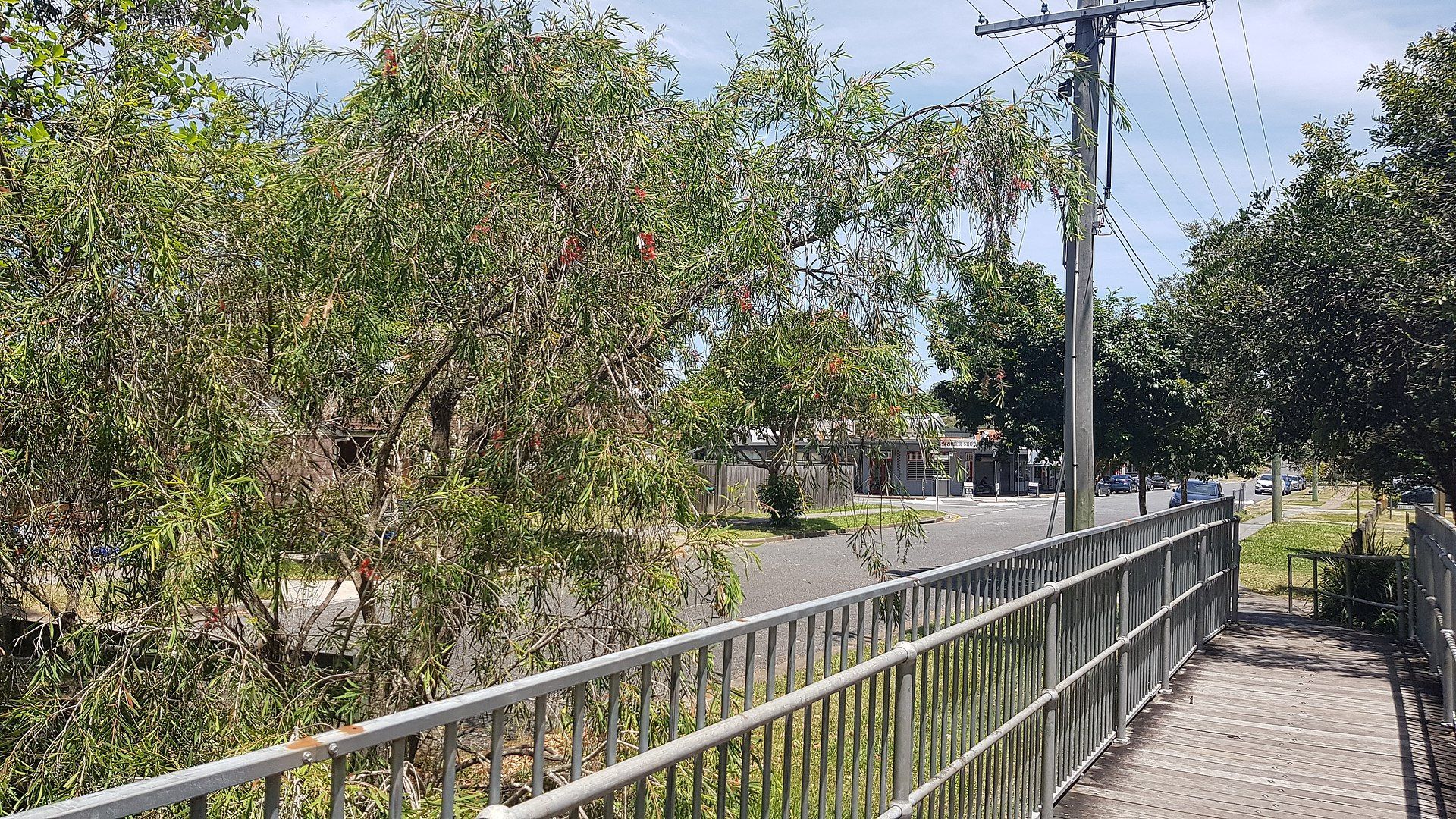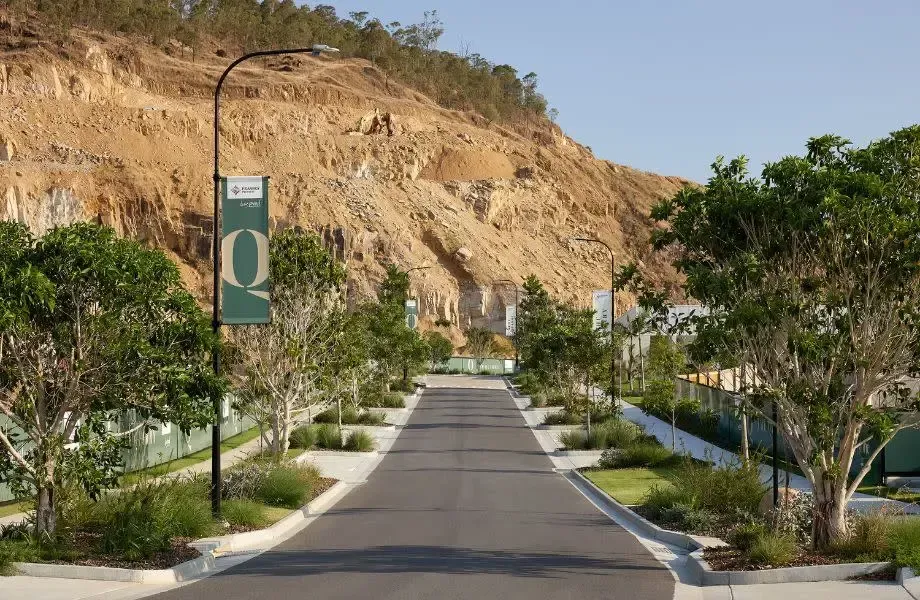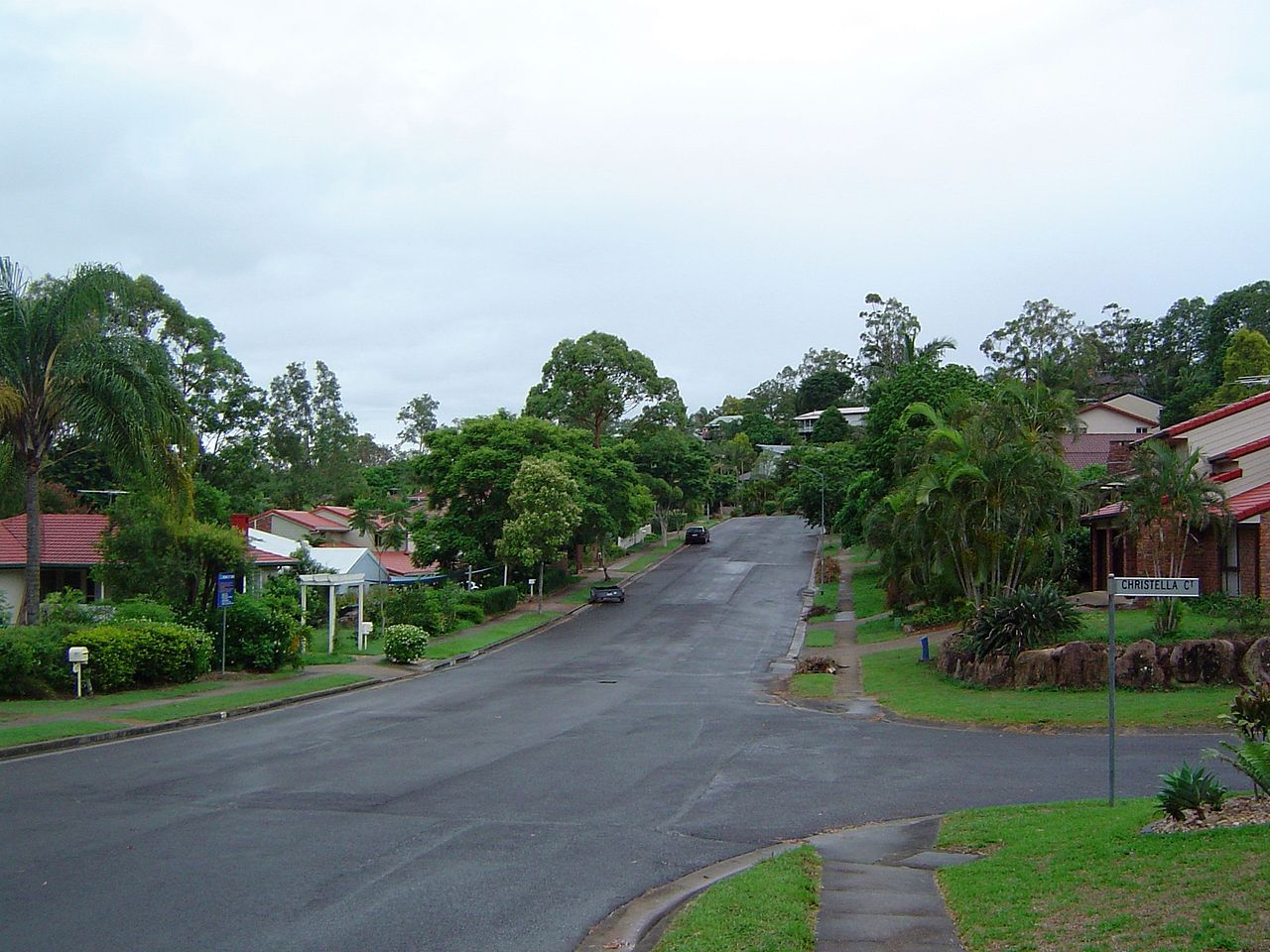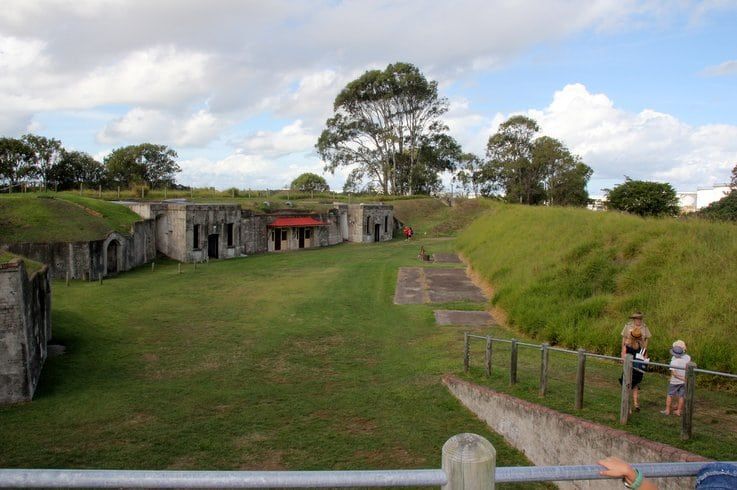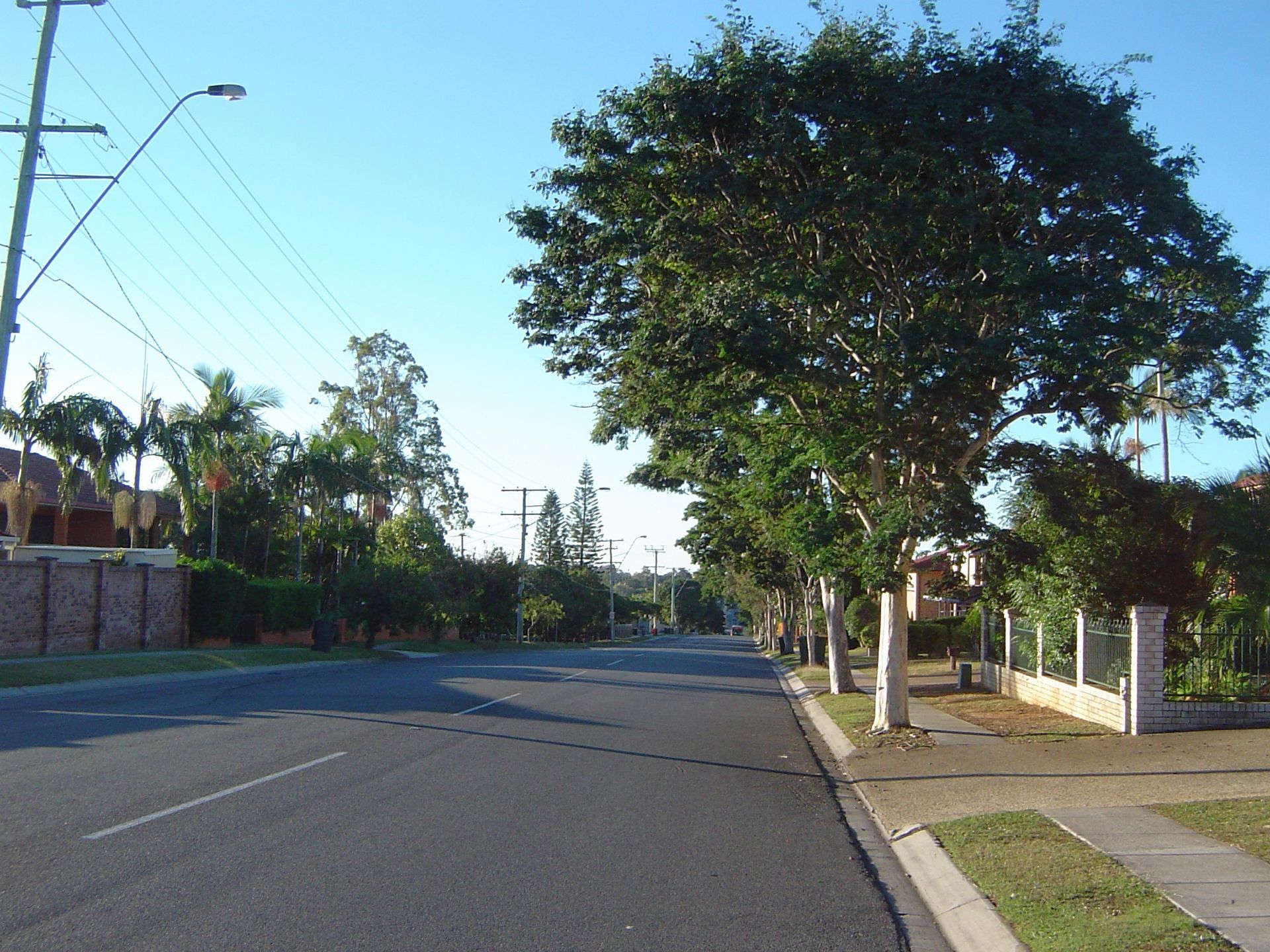The Ultimate Property Management Guide for Brisbane Landlords
As a seasoned real estate agent specialising in property management, I've seen the good, the bad, and the ugly of property management. For Brisbane landlords, having a comprehensive guide can make all the difference in ensuring your investment thrives. Let’s dive into the ultimate property management guide for Brisbane landlords
Understanding Property Management
What is Property Management?
Property management involves overseeing and managing real estate properties on behalf of the owner. This includes everything from finding tenants and collecting rent to handling maintenance and repairs. It's about ensuring your property is well-cared for and profitable.
Why is Property Management Important for Landlords?
Effective property management can significantly impact your investment’s success. A good property manager handles all the nitty-gritty details, allowing you to enjoy the benefits of property ownership without the stress.
I remember when I first started in property management, one of my clients had a beautiful apartment in New Farm. They were constantly stressed about tenant issues and maintenance problems. Once they hired a professional property manager, their stress levels dropped, freeing them up to focus on the things they were interested in.
The Brisbane Rental Market
Overview of the Brisbane Rental Market
Brisbane's rental market is dynamic and ever-changing. Currently, there's a strong demand for rental properties, with many people moving to Brisbane for its lifestyle and job opportunities.
Key Trends and Statistics
Understanding market trends can help you make informed decisions. For instance, recent data shows a steady increase in rental prices, making it a great time for landlords. Keeping an eye on these trends helps in setting competitive rental rates and attracting quality tenants.
Selecting the Right Property Manager
Criteria for Choosing a Property Manager
Choosing the right property manager is crucial. Look for someone with:
- Experience and Expertise: They should have a solid track record and experience managing properties similar to yours.
- Reputation and Reviews: Check online reviews and ask for references.
- Professional Certifications: Memberships in organisations like the Real Estate Institute of Queensland (REIQ) can be a good sign.
Steps to Evaluate Potential Property Managers
When evaluating potential property managers, consider their:
- Experience: How long have they been in the business? Do they have experience with properties like yours?
- Reputation: Look for reviews and ask for references.
- Professional Certifications: Are they members of professional organisations?
Questions to Ask Prospective Property Managers
- How long have you been in property management?
- Can you provide references from other property owners?
- What specific services do you provide?
- What is your fee structure?
- How often will I receive updates?
Legal and Regulatory Requirements
Understanding Queensland Property Management Laws
Being compliant with local laws is non-negotiable. Make sure you understand Queensland's rental laws, which cover everything from tenant rights to safety regulations.
Key Legal Documents and Agreements
Ensure all legal documents are in order, including:
- Lease Agreements: Clearly outline terms and conditions.
- Inspection Reports: Document the property's condition before and after tenancies.
Marketing Your Rental Property
Effective Marketing Strategies
To attract the right tenants, your property needs to stand out. Here are some tips:
- High-Quality Photos: Good photos can make a huge difference. I once helped a client re-market their property with professional photos, and it was leased within a week!
- Compelling Descriptions: Highlight the best features of your property.
- Online Listings: Use popular platforms like realestate.com.au and domain.com.au.
Tenant Screening and Selection
Importance of Thorough Tenant Screening
Screening tenants thoroughly can save you a lot of headaches down the road. Look for:
- Background and Credit Checks: Ensure they have a good rental history.
- References: Speak with previous landlords.
- Personal Interviews: Get a feel for their character and reliability.
Rent Collection and Financial Management
Best Practices for Rent Collection
Set up a clear system for rent collection. This can include:
- Online Payment Systems: These make it easy for tenants to pay on time.
- Clear Policies: Have clear policies for late payments and arrears.
Property Maintenance and Repairs
Importance of Regular Maintenance
Regular maintenance keeps your property in good condition and your tenants happy. Set up a maintenance schedule and stick to it.
Handling Emergency Repairs
Emergency repairs can be stressful. Having a reliable team of contractors can make all the difference. Make sure you have contacts for plumbers, electricians, and other essential services.
Managing Tenant Relationships
Building Positive Relationships
Good tenant relationships are key to a successful rental property. Communicate regularly and address issues promptly. Happy tenants are more likely to take care of your property and stay longer.
Handling Complaints and Disputes
Disputes are inevitable. Handle them professionally and fairly. Listen to your tenants' concerns and work together to find solutions.
Handling Vacancies and Turnover
Minimising Vacancies
Vacancies can be costly. To minimise them:
- Keep Tenants Happy: Happy tenants are more likely to renew their lease.
- Market Effectively: Start marketing the property as soon as you know a vacancy is coming up.
Preparing the Property for New Tenants
Ensure the property is clean and in good condition. Conduct thorough move-out inspections and address any issues promptly.
Maximising Property Value
Property Upgrades and Improvements
Investing in upgrades can increase your property's value and rental income. Focus on high-return renovations like kitchen and bathroom upgrades.
Regular Property Evaluations
Regularly evaluate your property and make improvements as needed. This keeps it competitive in the market.
Technology in Property Management
Utilising Property Management Software
Technology can streamline many aspects of property management. Use software for:
- Rent Collection: Automate payments and reminders.
- Maintenance Requests: Track and manage requests easily.
- Communication: Keep all communications in one place.
Conclusion
Effective property management is key to a successful investment. By understanding the market, choosing the right property manager, and staying on top of maintenance and tenant relations, you can maximise your property's potential. Take proactive steps and don't hesitate to seek professional help when needed..
Brisbane Suburb Profiles
